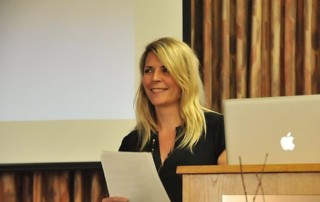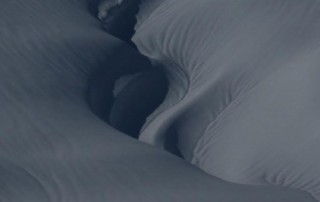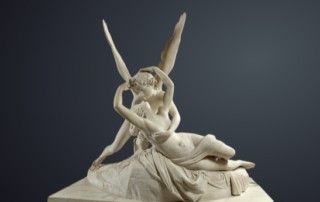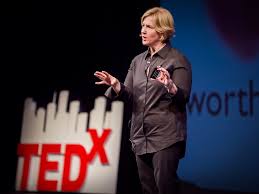Living and Loving Erotically , by Stacey Shelby
Conference presentation “Pothos, Eros & Aphrodite: Meditations on the Gods who Drive our Wanderings” The Study of Myth Symposium: Exploring Myth: Culture, Theory, Practice September 2, 2012 This was a panel presentation at The Study of Myth Symposium. Pacifica Graduate Institute, Santa Barbara, CA Paper Title: Living and Loving Erotically , by Stacey Shelby







